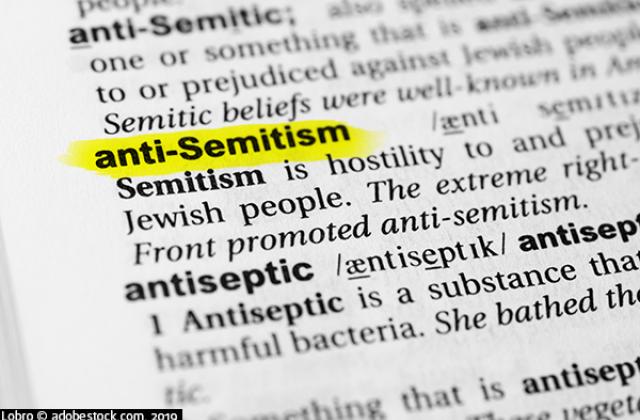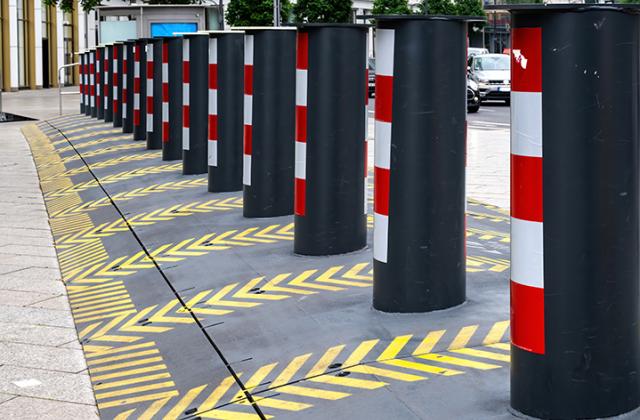Artigo 37.º (Liberdade de expressão e informação) 1. Todos têm o direito de exprimir e divulgar livremente o seu pensamento pela palavra, pela imagem ou por qualquer outro meio, bem como o direito de informar, de se informar e de ser informado, sem impedimentos nem discriminações. 2. O exercício destes direitos não pode ser impedido ou limitado por qualquer tipo ou forma de censura. 3. As infracções cometidas no exercício destes direitos ficam submetidas aos princípios gerais de direito criminal ou do ilícito de mera ordenação social, sendo a sua apreciação respectivamente da competência dos tribunais judiciais ou de entidade administrativa independente, nos termos da lei. 4. A todas as pessoas, singulares ou colectivas, é assegurado, em condições de igualdade e eficácia, o direito de resposta e de rectificação, bem como o direito a indemnização pelos danos sofridos. Artigo 38.º (Liberdade de imprensa e meios de comunicação social) 1. É garantida a liberdade de imprensa. 2. A liberdade de imprensa implica: a) A liberdade de expressão e criação dos jornalistas e colaboradores, bem como a intervenção dos primeiros na orientação editorial dos respectivos órgãos de comunicação social, salvo quando tiverem natureza doutrinária ou confessional; b) O direito dos jornalistas, nos termos da lei, ao acesso às fontes de informação e à protecção da independência e do sigilo profissionais, bem como o direito de elegerem conselhos de redacção; c) O direito de fundação de jornais e de quaisquer outras publicações, independentemente de autorização administrativa, caução ou habilitação prévias. 3. A lei assegura, com carácter genérico, a divulgação da titularidade e dos meios de financiamento dos órgãos de comunicação social. 4. O Estado assegura a liberdade e a independência dos órgãos de comunicação social perante o poder político e o poder económico, impondo o princípio da especialidade das empresas titulares de órgãos de informação geral, tratando-as e apoiando-as de forma não discriminatória e impedindo a sua concentração, designadamente através de participações múltiplas ou cruzadas. 5. O Estado assegura a existência e o funcionamento de um serviço público de rádio e de televisão. 6. A estrutura e o funcionamento dos meios de comunicação social do sector público devem salvaguardar a sua independência perante o Governo, a Administração e os demais poderes públicos, bem como assegurar a possibilidade de expressão e confronto das diversas correntes de opinião. 7. As estações emissoras de radiodifusão e de radiotelevisão só podem funcionar mediante licença, a conferir por concurso público, nos termos da lei. Artigo 39.º (Regulação da comunicação social) 1. Cabe a uma entidade administrativa independente assegurar nos meios de comunicação social: a) O direito à informação e a liberdade de imprensa; b) A não concentração da titularidade dos meios de comunicação social; c) A independência perante o poder político e o poder económico; d) O respeito pelos direitos, liberdades e garantias pessoais; e) O respeito pelas normas reguladoras das actividades de comunicação social; f) A possibilidade de expressão e confronto das diversas correntes de opinião; g) O exercício dos direitos de antena, de resposta e de réplica política. 2. A lei define a composição, as competências, a organização e o funcionamento da entidade referida no número anterior, bem como o estatuto dos respectivos membros, designados pela Assembleia da República e por cooptação destes. Artigo 40.º (Direitos de antena, de resposta e de réplica política) 1. Os partidos políticos e as organizações sindicais, profissionais e representativas das actividades económicas, bem como outras organizações sociais de âmbito nacional, têm direito, de acordo com a sua relevância e representatividade e segundo critérios objectivos a definir por lei, a tempos de antena no serviço público de rádio e de televisão. 2. Os partidos políticos representados na Assembleia da República, e que não façam parte do Governo, têm direito, nos termos da lei, a tempos de antena no serviço público de rádio e televisão, a ratear de acordo com a sua representatividade, bem como o direito de resposta ou de réplica política às declarações políticas do Governo, de duração e relevo iguais aos dos tempos de antena e das declarações do Governo, de iguais direitos gozando, no âmbito da respectiva região, os partidos representados nas Assembleias Legislativas das regiões autónomas. 3. Nos períodos eleitorais os concorrentes têm direito a tempos de antena, regulares e equitativos, nas estações emissoras de rádio e de televisão de âmbito nacional e regional, nos termos da lei.










